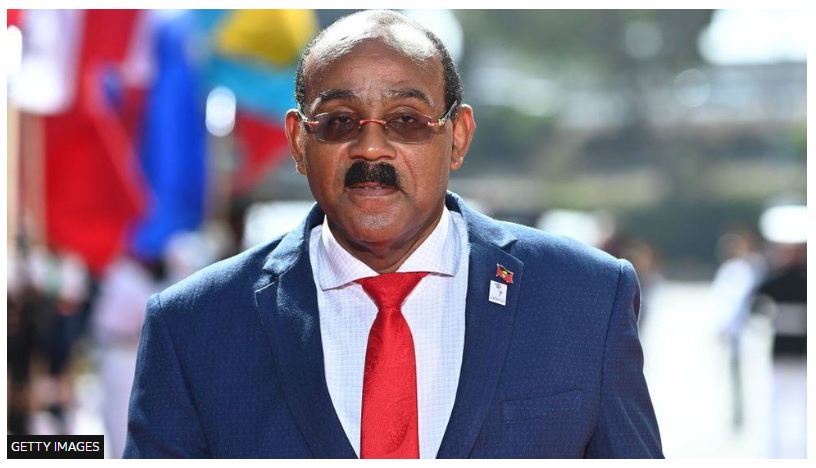Prime Minister Gaston Browne has hinted at the possibility of the state-owned Antigua Public Utilities Authority (APUA) purchasing water from a Trinidad and Tobago-based company, as expressed his frustration regarding the ongoing water crisis on the island.
Browne, speaking on his weekly radio programme, said despite his administration investing a significant amount of funds over the last few years to deal with the water situation, the problem continues to exist.
The APUA has been requested to consider two options, one from the local company, Caribbean Water Treatment and the other from a Trinidad and Tobago-based company.
“We will be buying water, if not from Caribbean Water Treatment, a firm out of Trinidad. I know APUA looking at the two proposals now and to determine which firms can meet their needs,” said Browne, hinting at the possibility of privatising some sections of the APUA.
“Our preference would be to work with a local company, assuming it can meet our needs and within the timelines that have been established. If that doesn’t work then we would have to can significantly resolve the water issue in this country”.
During his radio programme, Browne also expressed his frustration with the management of the Water Division at APUA.
“I still believe that the APUA management can do far better with the distribution but we have exhausted that discussion now to the extent that I don’t know what else to say to them,” he told radio listeners.
Browne said he expects improvements to happen during the coming year, with an additional reverse osmosis plant set to become operational by the second half of 2024, producing three million gallons of water daily.
Additionally, the re-piping process is underway to address the 20 per cent water loss due to leaks from aging pipes with Browne indicating that he cannot understand why some consumers have been without water for weeks at a time, despite more than seven million gallons being produced daily, with a daily demand of around nine million.




